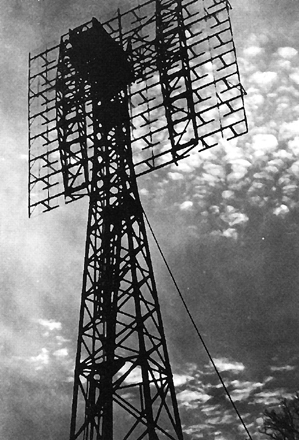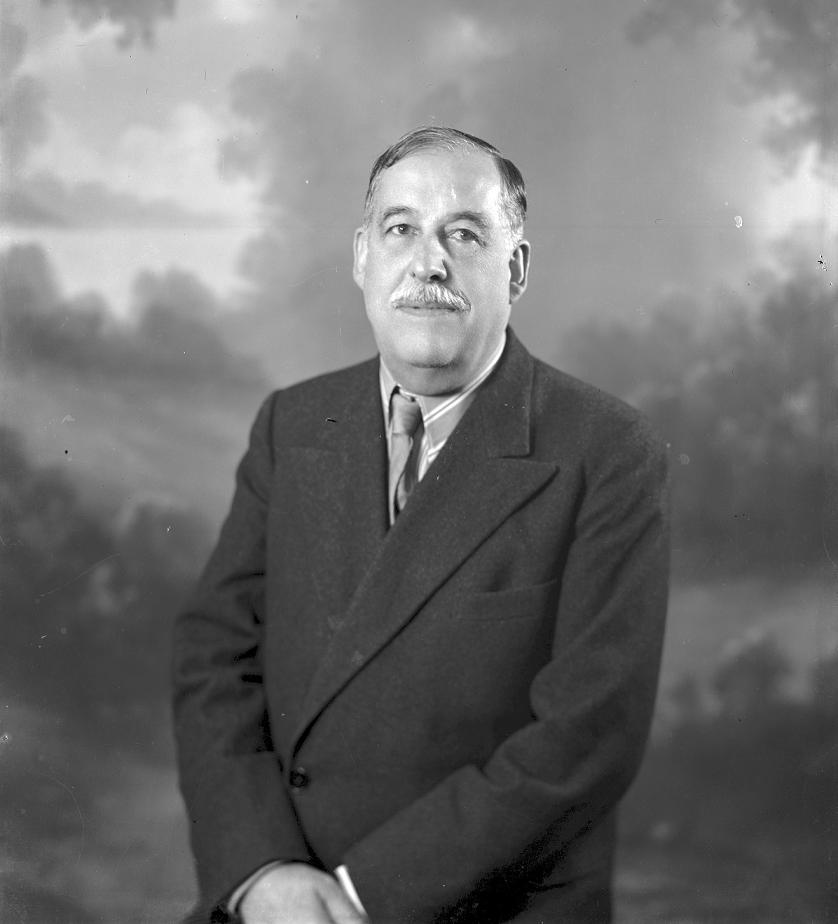|
1946 Uruguayan General Election
General elections were held in Uruguay on 24 November 1946, alongside a constitutional referendum. Dieter Nohlen (2005) ''Elections in the Americas: A data handbook, Volume II'', p494 The result was a victory for the Colorado Party, which won the most seats in the Chamber of Deputies and received the most votes in the presidential election, in which the Tomás Berreta faction emerged as the largest. Berreta subsequently became President on 1 March 1947. Results President Results Chamber of Deputies Senate References External linksPolitics Data Bank at the Social Sciences School – Universidad de la República (Uruguay) Elections in Uruguay Uruguay General Uruguay Uruguay (; ), officially the Oriental Republic of Uruguay ( es, República Oriental del Uruguay), is a country in South America. It shares borders with Argentina to its west and southwest and Brazil to its north and northeast; while bordering ... Election and referendum articles with incomplete ... [...More Info...] [...Related Items...] OR: [Wikipedia] [Google] [Baidu] |
Uruguay
Uruguay (; ), officially the Oriental Republic of Uruguay ( es, República Oriental del Uruguay), is a country in South America. It shares borders with Argentina to its west and southwest and Brazil to its north and northeast; while bordering the Río de la Plata to the south and the Atlantic Ocean to the southeast. It is part of the Southern Cone region of South America. Uruguay covers an area of approximately and has a population of an estimated 3.4 million, of whom around 2 million live in the metropolitan area of its capital and largest city, Montevideo. The area that became Uruguay was first inhabited by groups of hunter–gatherers 13,000 years ago. The predominant tribe at the moment of the arrival of Europeans was the Charrúa people, when the Portuguese first established Colónia do Sacramento in 1680; Uruguay was colonized by Europeans late relative to neighboring countries. The Spanish founded Montevideo as a military stronghold in the early 18th century bec ... [...More Info...] [...Related Items...] OR: [Wikipedia] [Google] [Baidu] |
Christian Democratic Party Of Uruguay
The Christian Democratic Party of Uruguay () is a political party of the Christian left. History The party was established in 1911 as the Civic Union,phttps://web.archive.org/web/20141021200243/http://www.pdcuruguay.uy/index.php?option=com_content&view=article&id=87&Itemid=172 El ABC del PDC] Christian Democratic Party having developed out of the Catholic Party that contested the 1910 Uruguayan parliamentary election, 1910 elections. Instituto Factum In February 1962 it was renamed the Christian Democratic Party. A faction broke away in 1966, initially running under the name Christian Civic Movement, before becoming the Christian Radical Union, and later reclaiming the [...More Info...] [...Related Items...] OR: [Wikipedia] [Google] [Baidu] |
1946 In Uruguay
Events January * January 6 - The 1946 North Vietnamese parliamentary election, first general election ever in Vietnam is held. * January 7 – The Allies recognize the Austrian republic with its 1937 borders, and divide the country into four Allied-occupied Austria, occupation zones. * January 10 ** The first meeting of the United Nations is held, at Methodist Central Hall Westminster in London. ** ''Project Diana'' bounces radar waves off the Moon, measuring the exact distance between the Earth and the Moon, and proves that communication is possible between Earth and outer space, effectively opening the Space Age. * January 11 - Enver Hoxha declares the People's Republic of Albania, with himself as prime minister of Albania, prime minister. * January 16 – Charles de Gaulle resigns as head of the Provisional Government of the French Republic, French provisional government. * January 17 - The United Nations Security Council holds its first session, at Church House, Westmin ... [...More Info...] [...Related Items...] OR: [Wikipedia] [Google] [Baidu] |
1946 Elections In South America
Events January * January 6 - The 1946 North Vietnamese parliamentary election, first general election ever in Vietnam is held. * January 7 – The Allies recognize the Austrian republic with its 1937 borders, and divide the country into four Allied-occupied Austria, occupation zones. * January 10 ** The first meeting of the United Nations is held, at Methodist Central Hall Westminster in London. ** ''Project Diana'' bounces radar waves off the Moon, measuring the exact distance between the Earth and the Moon, and proves that communication is possible between Earth and outer space, effectively opening the Space Age. * January 11 - Enver Hoxha declares the People's Republic of Albania, with himself as prime minister of Albania, prime minister. * January 16 – Charles de Gaulle resigns as head of the Provisional Government of the French Republic, French provisional government. * January 17 - The United Nations Security Council holds its first session, at Church House, Westmin ... [...More Info...] [...Related Items...] OR: [Wikipedia] [Google] [Baidu] |
Elections In Uruguay
Uruguay elects on national level a head of state - the president - and a legislature. Uruguay has a stable multi-party system. The two "traditional parties" ( Colorado Party and National Party) were founded in 1836, and were predominant for over a century. The Broad Front coalition was created in 1971, including members such as the Socialist Party (founded in 1910) and the Communist Party (founded in 1920). Presidential elections The president and the vice-president are elected on one ballot for a five-year term by the people. Each party must elect its candidates for President and Vice-President in primary elections, which are usually held in June. The selected candidates face the electorate in the general elections in October. If no candidate obtains the absolute majority of votes, there is a runoff between the two most-voted candidates. Parliamentary elections The General Assembly (''Asamblea General'') has two chambers. The Chamber of Deputies (''Cámara de Diputados'') ... [...More Info...] [...Related Items...] OR: [Wikipedia] [Google] [Baidu] |
Socialist Party Of Uruguay
The Socialist Party of Uruguay ( es, Partido Socialista del Uruguay) is a Uruguayan socialist political party. History The party was founded in 1910. Its main leader and spokesman was Dr Emilio Frugoni, a prominent advocate of socialist ideas in Uruguay. Its central organ was the newspaper '' Germinal'', later superseded by ''El Sol''. The party was a member of the Labour and Socialist International between 1932 and 1940. In 1951 it joined the Socialist International, which it later left in 1960, and rejoined it in 1999. In 2017 the party once again withdrew from the Socialist International and joined the Progressive Alliance. In 1971, the party was one of the founding members of the Broad Front, a left-wing coalition than won the 2004 election, 2009 election and 2014 election, also electing one of its affiliates, Tabaré Vasquez, as president. It is currently led by Gonzalo Civila. The Broad Front supported Daniel Martinez, a member of Socialist Party of Uruguay, for ... [...More Info...] [...Related Items...] OR: [Wikipedia] [Google] [Baidu] |
Communist Party Of Uruguay
The Communist Party of Uruguay ( es, link=no, Partido Comunista del Uruguay, PCU) is a communist party A communist party is a political party that seeks to realize the socio-economic goals of communism. The term ''communist party'' was popularized by the title of ''The Manifesto of the Communist Party'' (1848) by Karl Marx and Friedrich Engels. A ... in Uruguay, founded on 21 September 1920. It is a member of the Broad Front coalition. The current secretary-general of the PCU is Juan Castillo. Secretary-generals References External links International Meeting of Communist and Workers Parties {{Uruguay-party-stub ... [...More Info...] [...Related Items...] OR: [Wikipedia] [Google] [Baidu] |
Independent National Party (Uruguay)
The Independent National Party ( es, Partido Nacional Independiente), also known locally as Independent Nationalism ( es, Nacionalismo Independiente), was a political party in Uruguay Uruguay (; ), officially the Oriental Republic of Uruguay ( es, República Oriental del Uruguay), is a country in South America. It shares borders with Argentina to its west and southwest and Brazil to its north and northeast; while bordering .... Established in 1931 as a split from the National Party. Among its most prominent members were: Martín C. Martínez, Washington Beltrán Mullin, and Juan A. Ramírez. SourcesUruguayan electoral system Defunct political parties in Uruguay 1931 establishments in Uruguay Political parties established in 1931 Political parties disestablished in 1958 Uruguayan nationalism National Party (Uruguay) {{Uruguay-party-stub ... [...More Info...] [...Related Items...] OR: [Wikipedia] [Google] [Baidu] |
1946 Uruguayan Constitutional Referendum
A constitutional referendum was held in Uruguay on 24 November 1946, alongside general elections.Uruguay, 24 November 1946: Constitution reform Direct Democracy Two options for amending the were put to voters, but both were rejected. Proposals Two proposals for amending the constitution were put to voters. Proposal 1 was put forward by the Battlismo faction of the Colorado Party and the I ...[...More Info...] [...Related Items...] OR: [Wikipedia] [Google] [Baidu] |
Luis Alberto De Herrera
Luis Alberto de Herrera (Montevideo, 22 July 1873 – 8 April 1959) was a Uruguayan lawyer, diplomat, journalist and politician. Political and diplomatic roles A national leader of great importance during the first half of the 20th century, he led the National Party through the most decisive instances along five decades. His own political movement is known as Herrerismo. From 1902 to 1904, he was Uruguayan Minister Plenipotentiary to the United States. From 1925 to 1927 he served as President of the National Council of Administration, or Prime Minister, during the presidency of José Serrato. In 1933, he took part at the Convention on Rights and Duties of States adopted by the Seventh International Conference of American States. Particularly after 1933, he was tactically close to his nominal Colorado Party opponent, President Gabriel Terra. :es:Luis Alberto de Herrera#Participación en el golpe de Estado de Gabriel Terra He stood for the presidency several times without su ... [...More Info...] [...Related Items...] OR: [Wikipedia] [Google] [Baidu] |


